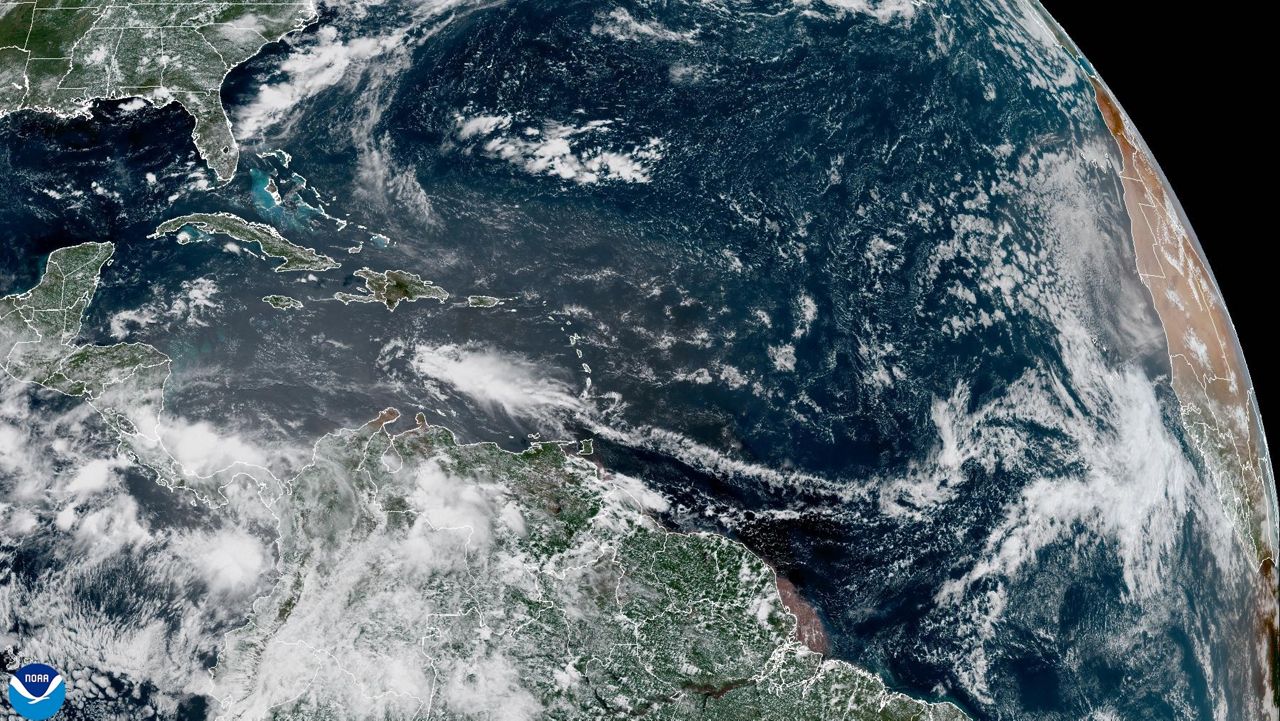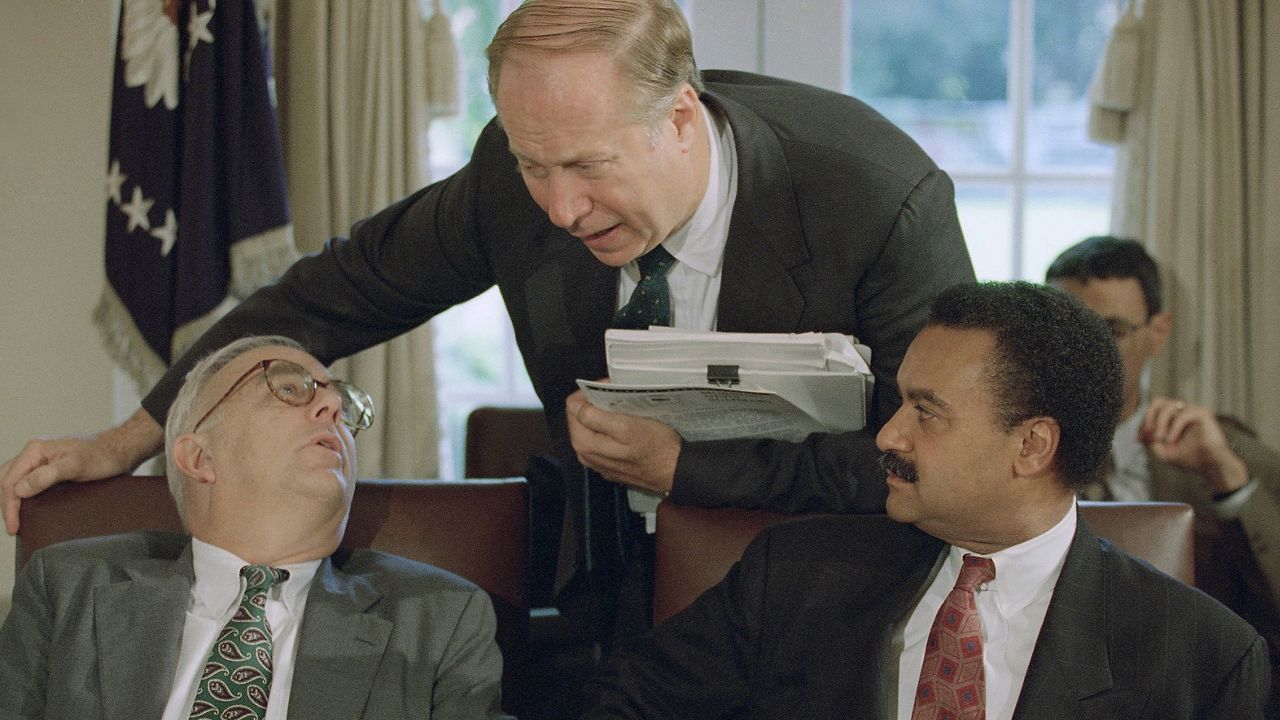RALEIGH, N.C. – Sunday marks 21 years since the 9/11 terrorist attacks killed nearly 3,000 people and changed the U.S. forever.
On September 11, 2001, al-Qaida, an Islamist extremist group, hijacked four commercial airplanes. Two planes hit the north and south towers of the World Trade Center. A third plane crashed into the Pentagon in Arlington, Virginia. The fourth plane, Flight 93, fought back, and the plane crashed into an empty field in western Pennsylvania.
Most Americans recall where they were the moment the twin towers fell in New York City, yet a growing number of people were too young or not born yet.
What You Need To Know
- It’s been 21 years since four planes were hijacked by terrorists, resulting in the deaths of nearly 3,000 people in New York City, Arlington, Virginia and Shanksville, Pennsylvania
- Dr. Navin Bapat, a Dowd professor in the study of peace and war and the chair of the curriculum of peace, war and defense at UNC Chapel Hill, spoke about the attack’s effects on internal and foreign affairs
- Bapat says the people are more likely to be hit by lightning than directly affected by a terrorist attack
- RELATED: Firefighters in Surf City walk to observe 9/11 anniversary
Dr. Navin Bapat, a Dowd professor in the study of peace and war and the chair of the curriculum of peace, war and defense at UNC-Chapel Hill, says the events on 9/11 shattered a period of peace in the U.S.
“It was a fulcrum point and that from that point forward, the United States experienced 20 years of war,” Bapat said. “I think most people that were born after 9/11 that reached adulthood never knew of the United States that was in a period of peace where there was no sustained military combat ongoing. So that was certainly a big change.”
On September 20, 2001, former President George W. Bush said in a speech to Congress, “Any nation that continues to harbor or support terrorism will be regarded by the United States as a hostile regime.”
Al-Qaida was based in Afghanistan. They operated training camps there, and openly supported the Taliban, an Islamist group that ruled the country. The U.S. government believed the Taliban was harboring the terrorists and demanded they be handed over to the U.S. following the 9/11 attacks.
When they refused, “Operation Enduring Freedom” was launched on October 7, 2001, less than a month after 9/11. It was the official name for the global war on terrorism, which led to the longest war in U.S. history.
"It restructured foreign policy in a lot of ways,” Bapat said. “The United States, being at war for a long time, was in conflict with multiple states. Multiple conflicts arose after the war on terror that weren’t there before.”
Bapat says the attacks and subsequent war became politicized in some ways, changing the brief period of unity felt within the U.S. following 9/11.
“The war didn't initially go the way the U.S. had hoped,” Bapat said. “And as we saw more casualties, and as we saw more sectarian conflict, that certainly changed that period of unity, and what people thought about and also the tactics the U.S. used…”
Beyond the effects on foreign policy, 9/11 forever changed internal affairs in the U.S.
Bush signed the Aviation and Transportation Security Act, which created the Transportation Security Administration (TSA). The move forever changed security measures for airplanes and flying.
“It's become a difficult time for, for Muslims in the United States and for all people of color in the United States that were associated with terrorists as a result of this,” Bapat said.
Since 2002, defending the country from future terrorist attacks has been at or near the top of Pew Research Center’s annual survey on policy priorities. Bapat says there is a low probability of that threat today.
“People are more likely to be hit by lightning than directly affected by a terrorist attack,” Bapat said.
“So, the probability that anyone is affected by terrorism directly is very, very low, especially for Americans. People are much more likely to be affected by other forms of terrorism in different places, such as racial terrorism, etc. But the threat of Islamic terrorism that was made out to be so significant after 9/11 is very small.”









